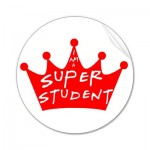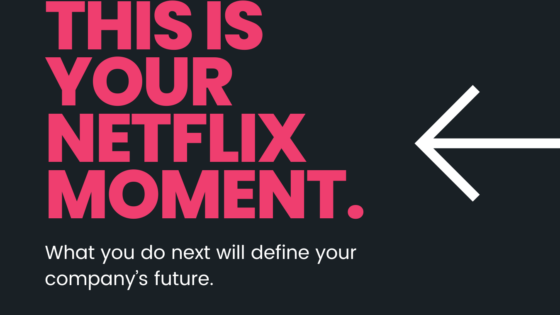In this previous post I looked at the potential problems of relying on external rewards to help with our classroom management. Rewarding a student’s behaviour can work really well in the short term, but in the long term can encourage the student to value the reward not the learning. A classic example of this would be if you told a student that if they read three books they will get a reward, then the student will read the three books but not pick up a forth.
Now am I saying that rewards are bad? Absolutely not! They can be one of your best tools when it comes to student motivation and classroom management. What I am saying is that we need to be careful how and when we use rewards in the classroom.
When giving rewards it is best to follow these three simple principles:
1. Reward a student for attitude and effort rather than intelligence and results
2. Give rewards when they aren’t expected. This avoids the potential problems associate with if/then rewards
3. Only give rewards when the student has met or exceeded your expectations. This avoids creating a handout mentality among your students where they will come to you and tell you that you ‘owe them a reward’.
Last year I noticed something our school does that has proven to be very effective with rewards. The school I teach at is a low socio-economic school and the executive started providing lunch to the parents who showed up to an awards ceremony. Needless to say the parents came out in droves! It is a fantastic initiative because the parents are rewarded for their child’s results as well.
This got me thinking…What if part of our rewards strategy for our classes included rewarding the parents. Too often we only contact the parents when a student is misbehaving and we have tried everything else to change their behaviour. This year I am going to send one parent a week a letter letting them know what good things their child has done. I imagine that the parents will feel chuffed, the student will feel valued and the culture of my classroom will be quite different as time goes on.
I’m interested, what creative ways do you use rewards in the classroom?

















